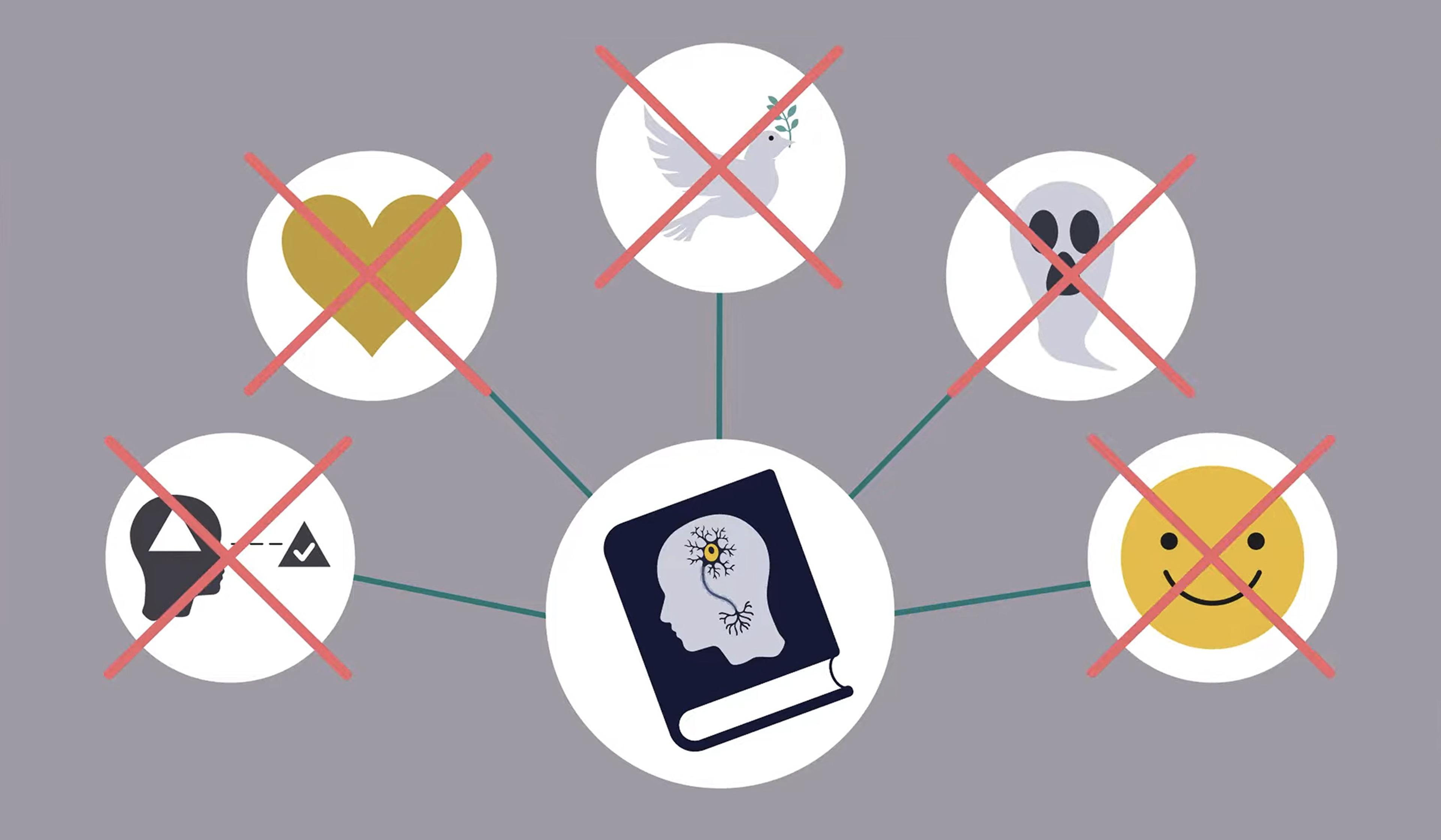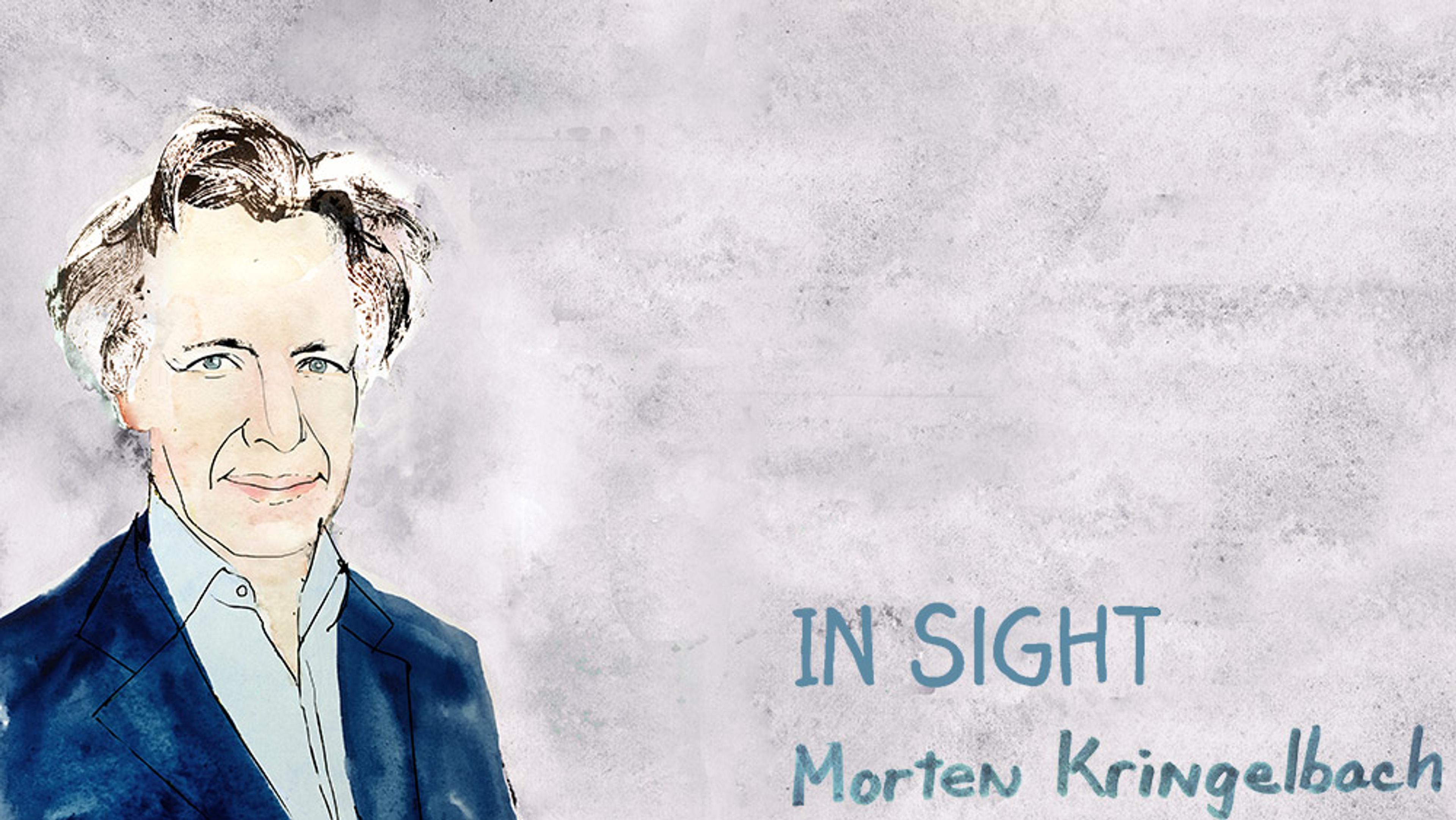The Ancient Greeks blamed sadness on bodily humours called ‘melaina kole’ (black bile). Today, clinical depression is often understood as an imbalance of brain chemicals – although this is a paradigm that many experts believe is overdue for an update. This animation from TED-Ed offers a brief examination of the history of melancholy, scoping how philosophers, poets, writers and scientists have envisioned and altered our understanding of the experience across the ages.
From imbalanced humours to brain chemistry – on the evolution of melancholy

videoNeuroscience
A portrait of depression through art and neuroscience using the head as a canvas
2 minutes

videoMood and emotion
Reason might be our puppet master but only after emotions tug on the strings
3 minutes

videoPhilosophy of mind
Do we have good reasons to believe in beliefs? A radical philosophy of mind says no
5 minutes

videoHistory of ideas
For proof that love is timeless, consider how long philosophers have debated it
6 minutes

videoPleasure and pain
A happy life is built on pleasures such as sex and food, but also company and variety
7 minutes

videoMood and emotion
Till genetics do us part – why the success of your marriage is encoded at birth
5 minutes

videoNeuroscience
Psychiatry is due for a revolution in diagnosis and treatment through brain science
4 minutes

videoHistory of ideas
A lighthearted ancient Greek myth explains why humans are doomed to yearn for partners
2 minutes

videoMedicine
Drinking wine from toxic cups was the 17th century’s own dubious ‘detox’ treatment
11 minutes